Markets tumbled Monday, with losses accelerating in the afternoon after President Donald Trump confirmed that 25% tariffs on imports from Canada and Mexico will take effect. Earlier in the session, stocks were already under pressure following a weaker-than-expected February report on a key manufact
Stocks tumbled Monday as investors prepared for the midnight deadline on President Donald Trump’s proposed tariffs on Canada, Mexico, and China.
The Dow Jones Industrial Average closed down 650 points, or 1.48%, at 43,191. The index had plunged nearly 900 points in afternoon trading before recovering some losses. The broader S&P 500 fell 1.76%, while the Nasdaq Composite dropped 2.64%, bringing its total decline since Trump took office to approximately 6.5%.
Trump Defends Tariffs
"Tomorrow, tariffs—25% on Canada and 25% on Mexico," Trump declared during a White House press conference. "What they have to do is build their car plants and other things in the United States, in which case they have no tariffs."
Trump stated that both countries had "no room left" for negotiations, emphasizing that the tariffs were a necessary response to economic imbalances. "They're all set. They go into effect tomorrow," he confirmed.
Market Volatility and Investor Concerns
Following Trump’s remarks, Wall Street’s fear gauge, the VIX index, surged to its highest level this year.
“The uncertainty surrounding the tariffs has wiped out the gains from the ‘Trump bump’ following the presidential election,” said Gustavo Flores-Macias, a professor of government and public policy at Cornell University.
Commerce Secretary Howard Lutnick, speaking alongside Trump, suggested that global companies could avoid tariffs by investing in U.S. production. He pointed to Taiwanese chipmaker TSMC, which announced a $100 billion U.S. investment earlier Monday.
Economic and Business Impact
Analysts at Goldman Sachs warned that while tariffs might increase demand for American-made goods by making imports more expensive, they could also raise costs for U.S. businesses and trigger foreign retaliatory measures.
“Tariff increases will raise production costs for domestic producers and could lead to countermeasures against U.S. exports, both of which could hurt economic growth,” Goldman Sachs analysts wrote in a note.
The stock market selloff coincided with the latest Institute for Supply Management (ISM) survey, which showed that while manufacturing activity remained in expansion territory, it had slowed—with tariff concerns dominating business responses.
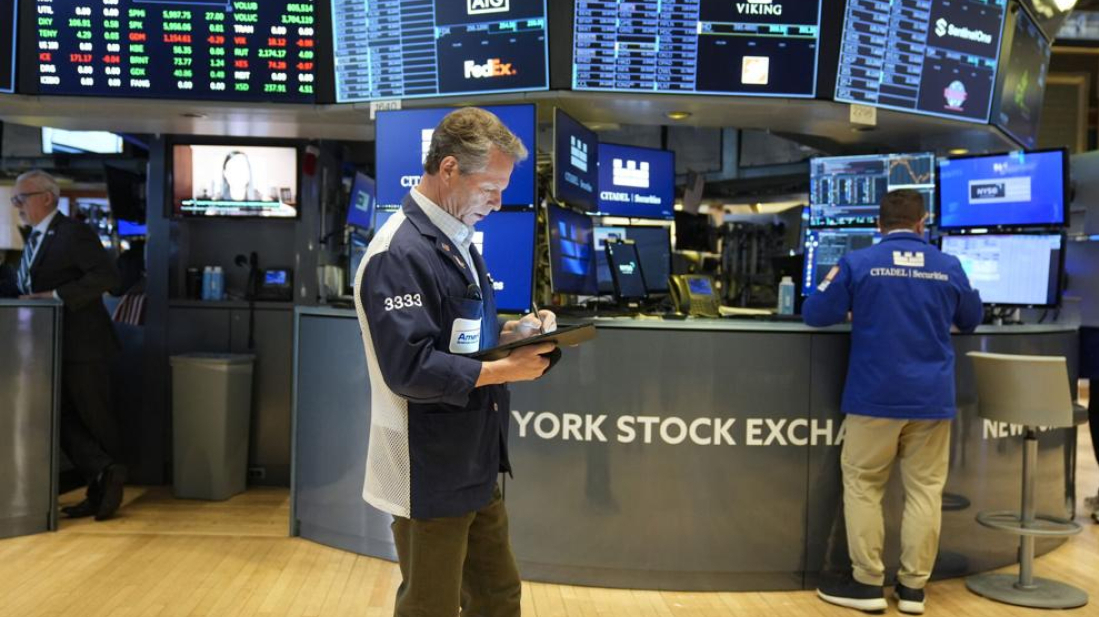

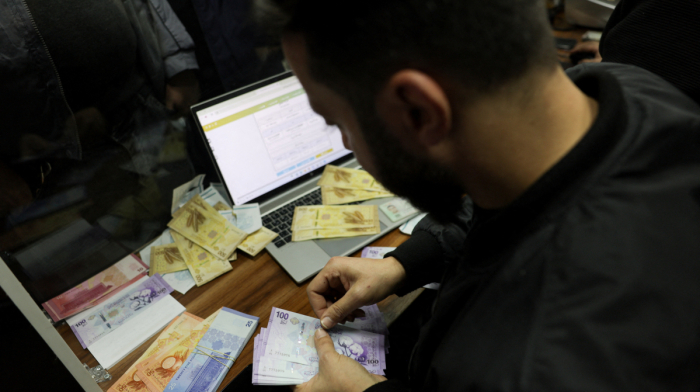
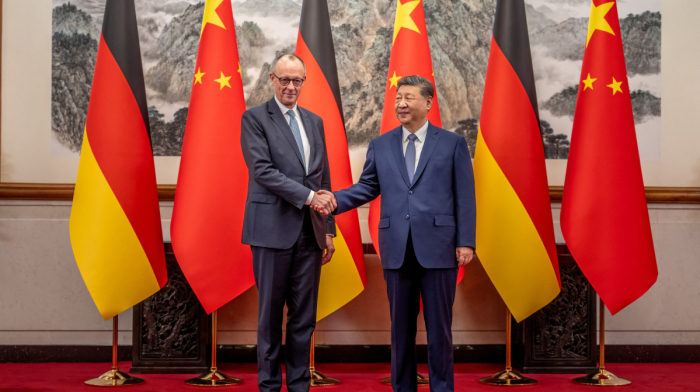



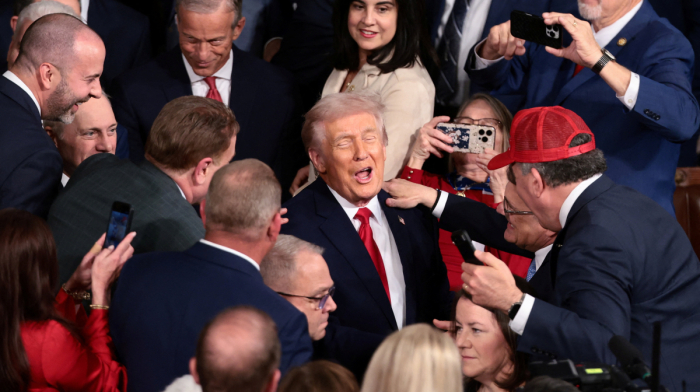
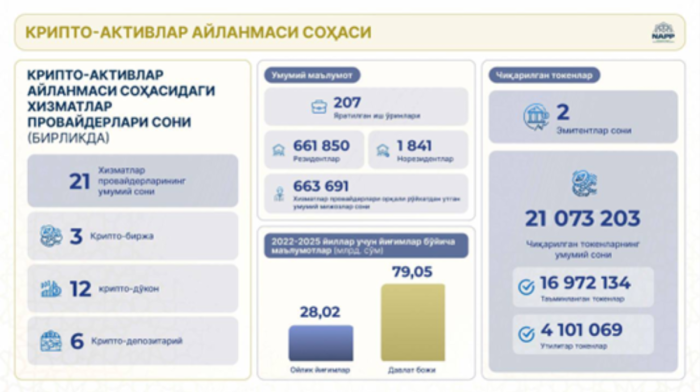
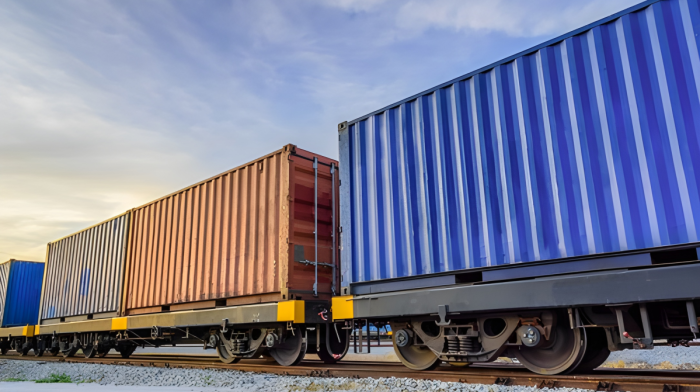



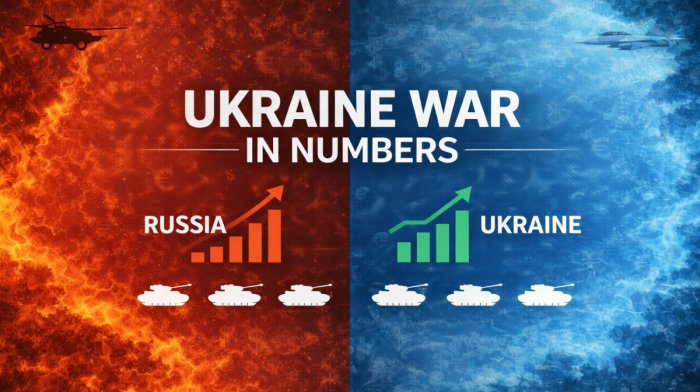





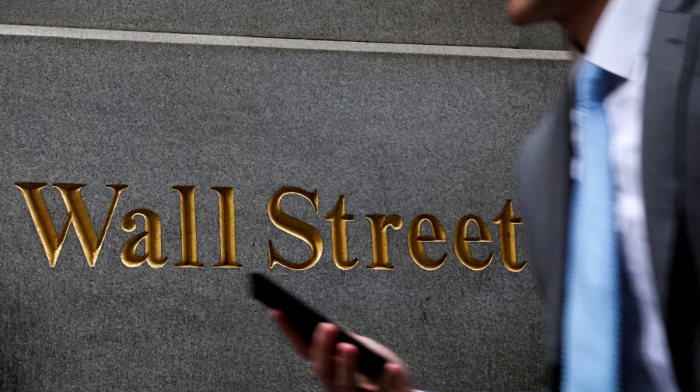



What is your opinion on this topic?
Leave the first comment